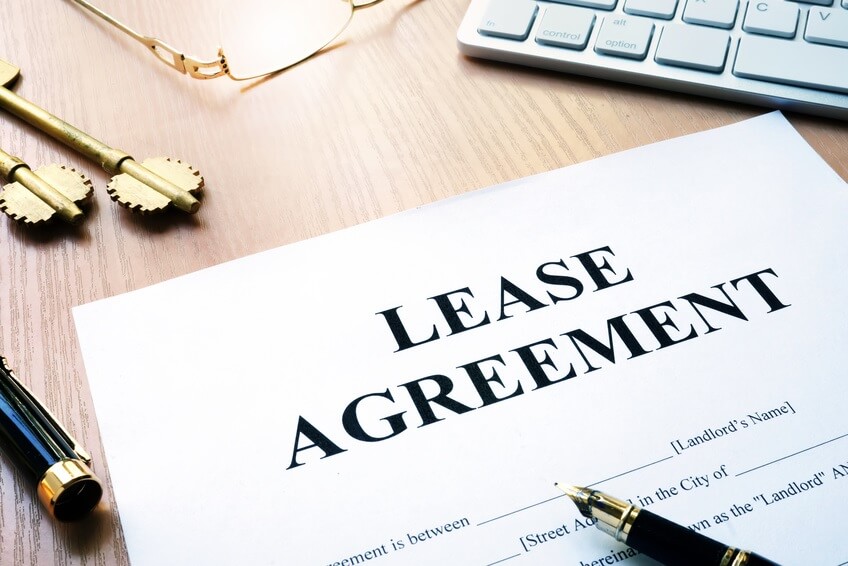Landlord: risk of non-payment of outgoings!
A lease once drawn is not simply a repository of the agreement between the parties; it must be managed throughout its currency to protect the rights and obligations of both landlord and tenant. It is a living document and must be managed in its accordance with its terms and in accordance with any applicable legislative framework.
For those leases which operate under the purview of the Retail Leases Act 2003, it must never be forgotten that the Retail Leases Act 2003 is an act of “consumer protection” and it will interpreted in that way. If there is any doubt as to the extent or limit of the obligations prescribed, landlords would be well advised to act prudently and take advice from solicitors experienced in this often tricky area.
One of the provisions commonly overlooked is Section 46 of the Act which obliges a landlord to give the tenant a written and itemised estimate of the outgoings that the tenant will be liable to contribute under the terms of the lease for the relevant accounting period. This statement must be given before the lease is entered into AND at least one month before the start of each of the landlord’s accounting periods during the term of the lease. A landlord’s accounting period will usually be the period 1 July to 30 June (unless otherwise defined in the lease) such that the statement of estimates must be given to the tenant by no later than 1 June in each year of the lease (*in most cases and subject to the express terms of the lease). Section 46 provides that the tenant is not liable to contribute to any of the outgoings in respect of which an estimate is required to be given until the tenant is given that estimate.
There have been several VCAT decisions considering the scope and impact of this clause in the last few years and as recently as last year and decisions have favoured both tenant and landlord depending on the facts and circumstances of each case.
We encourage all landlords to pay heed to this section and their obligations under the Act to preserve their rights to recover outgoings, such as rates and insurance premiums. For many lower rental properties, the outgoings can often represent a 10% return on the value of the total leasehold return and forfeiting your rights to recovery may be too great a loss to take and incur for most landlords. An alternative for those who are disinclined to want oversee and manage the recovery of outgoings may be to negotiate a gross rent lease and an experienced advisor can assist in your deliberations between the two approaches.
Speak to one of Maddens Lawyers experienced Conveyancing team today, call 03 5560 2000 or request a call back.










